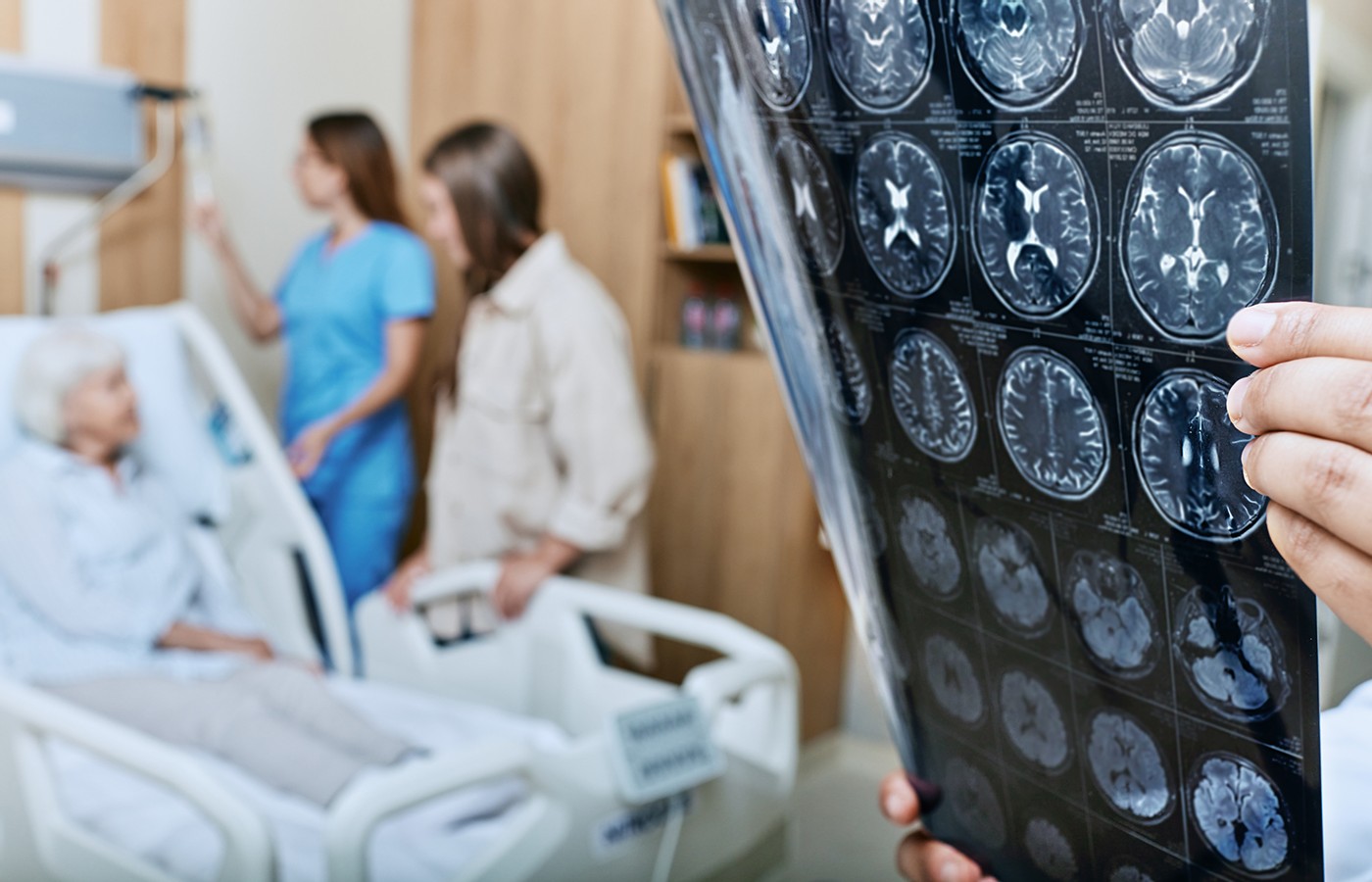The most important relationship I seek to nurture in the treatment room is the one a patient has with their own body. We live in a culture that teaches us to override pain, defer to outside authority, and push through discomfort. Patients often arrive hoping I can “fix” them, but the truth is, we can’t do the work for them. We can offer guidance, insight and support, but healing requires their full participation.
Acupuncture for Stroke Patients
- Post-stroke motor aphasia, or language function impairment, is a common limitation.
- New findings suggest that stroke patients who received acupuncture “showed significant improvements in language function, quality of life, and neurological impairment compared with those who received sham acupuncture.”
- These improvements were noted at week six of treatment and maintained for the entire six-month follow-up period.
Recovery following a stroke can be a complicated and arduous process, depending on the extent of the damage and its resulting limitations on function. Post-stroke motor aphasia, or language function impairment following the event, is a common limitation – and one that acupuncture appears to help mitigate, according to the latest research findings.
The randomized clinical trial divided 252 adult patients with post-stroke (ischemic stroke) motor aphasia into two groups for comparison, with one group receiving six weeks of acupuncture, with up to six months of follow-up. The second group received sham acupuncture and served as the control group.
“Eligible patients were defined as those with an aphasia severity of 0 to 3 according to the Boston Diagnostic Aphasia Examination (BDAE) grading (grades range from 0 to 5, with higher grades indicating less serious language deficits) and an aphasia duration ranging from 15 to 90 days.”
Exclusion criteria included “patients with a diagnosis of aphasia not caused by stroke, patients with aphasia before stroke onset, patients who could not complete the trial because of severe disease (severe heart disease, kidney function impairment, liver function insufficiency, dementia, or mental illness with diagnosis), patients with audiovisual impairments, and pregnant and lactating women.”
The research team, whose findings appear in JAMA Network Open, found that the acupuncture group “showed significant improvements in language function, quality of life, and neurological impairment compared with those who received sham acupuncture.” These improvements were noted at week six of treatment and maintained for the entire six-month follow-up period.
Reference
- Li B, Deng S, Zhuo B, et al. Effect of acupuncture vs sham acupuncture on patients with poststroke motor aphasia: a randomized clinical trial. JAMA Netw Open, 2024;7(1):e235258. Full text: https://jamanetwork.com/journals/jamanetworkopen/fullarticle/2814117.



